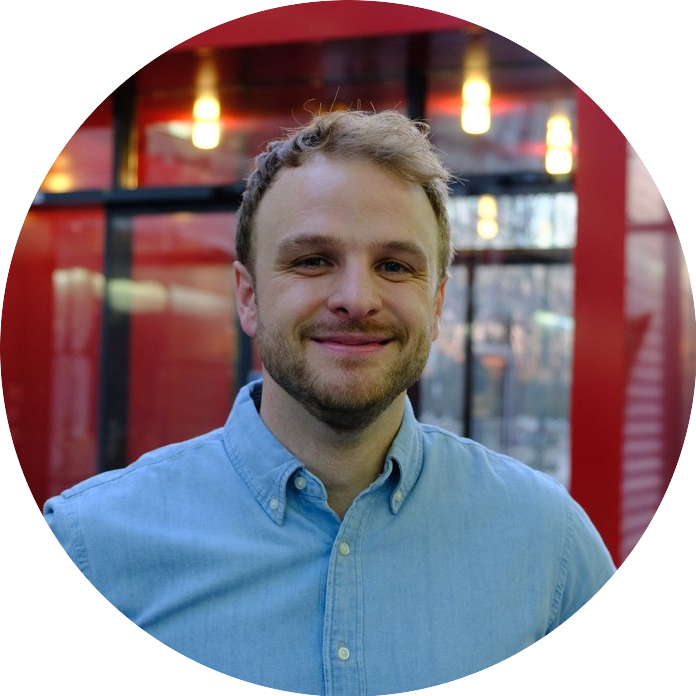
|
Lennart BastianI am a Research Fellow at Imperial College London, supported through the UK Royal Society Newton International Fellowship. I work with the Circle Group of Prof. Tolga Birdal, where I pursue topics at the intersection of geometry, topology, and machine learning as a Post-doc. I completed my PhD with highest distinction (summa cum laude) at the Chair for Computer Aided Medical Procedures (CAMP) in Munich, supervised by Prof. Nassir Navab, where I also coordinated research of the Surgical Data Science team. Prior to this, I conducted my M.Sc. in Applied Mathematics at the Technical University of Munich with an emphasis on optimization and statistics, and Bachelor's in Mathematics and Computer Science from New York University's Courant Institute. I also had previous stints in software and data science at H2oMetrics, a cloud water management startup, and as a research assistant at the MSKCC Levine Lab, developing computational tools for the genetic analysis of patients with myeloid leukemias. Email / LinkedIn / Google Scholar / GitHub |
Selected PublicationsMy research interests span the application of ideas from geometry and topology in machine learning and computer vision, including application areas in medicine and biology, and shape analysis. |
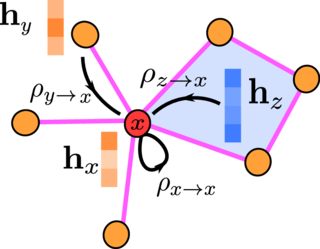
|
Copresheaf Topological Neural Networks: A Generalized Deep Learning FrameworkMustafa Hajij, Lennart Bastian, Sarah Osentoski, ..., Theodore Papamarkou, Tolga Birdal Advances in Neural Information Processing Systems (NeurIPS), 2025 paper
|

|
Forecasting Continuous Non-Conservative Dynamical Systems in SO(3)Lennart Bastian*, Mohammad Rashed*, Nassir Navab, Tolga Birdal IEEE International Conference on Computer Vision (ICCV) - Oral (Top 2.6%) , 2025 paper / code / website
|
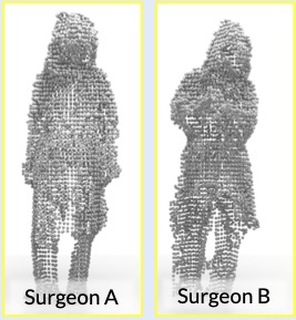
|
Beyond Role-Based Surgical Domain ModelingTony Wang*, Lennart Bastian*, Tobias Czempiel, Christian Heiliger, Nassir Navab Medical Image Analysis (MedIA) (Journal IF 10.7, rank among CV venues), 2025 paper
|
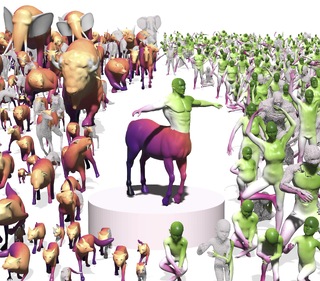
|
Beyond Complete Shapes: A Quantitative Evaluation of 3D Shape Matching AlgorithmsViktoria Ehm, Nafie El Amrani, Yizheng Xie, Lennart Bastian, Maolin Gao, Weikang Wang, Lu Sang, Dongliang Cao, Zorah Lähner, Daniel Cremers, Florian Bernard Symposium on Graphics Processing (SGP), 2025 paper / code / website
|
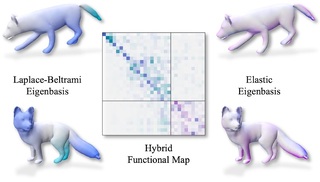
|
Hybrid Functional Maps for Crease-Aware Non-Isometric Shape MatchingLennart Bastian*, Yizheng Xie*, Nassir Navab, Zorah Lähner IEEE Conference on Computer Vision and Pattern Recognition (CVPR), 2024 paper / code / website
|
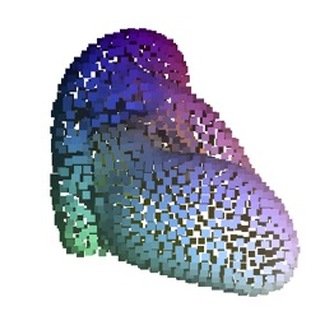
|
S3M: Scalable Statistical Shape Modeling through Unsupervised CorrespondencesLennart Bastian*, Alexander Baumann*, Emily Hoppe, Vincent Bürgin, Ha Young Kim, Mahdi Saleh, Benjamin Busam, Nassir Navab Medical Image Computing and Computer Assisted Intervention (MICCAI), 2023 paper / code / website
|
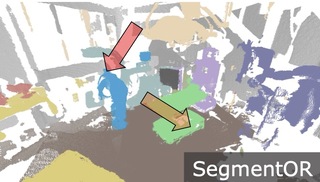
|
SegmentOR: Obtaining Efficient Operating Room Semantics through Temporal PropagationLennart Bastian*, Daniel Derkacz-Bogner*, Tony D Wang, Benjamin Busam, Nassir Navab Medical Image Computing and Computer Assisted Intervention (MICCAI), 2023 paper
|
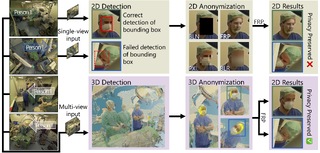
|
DisguisOR: Holistic Face Anonymization for the Operating RoomLennart Bastian*, Tony Danjun Wang*, Tobias Czempiel, Benjamin Busam, Nassir Navab International Journal of Computer Assisted Radiology and Surgery (IPCAI/IJCARS), 2023 paper / code / website
|
Preprints & Workshops |
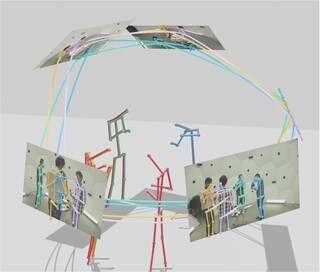
|
COMPOSE: Hypergraph Cover Optimization for Multi-view 3D Human Pose EstimationTony Danjun Wang, Tolga Birdal, Nassir Navab, Lennart Bastian Preprint, 2026 paper
|
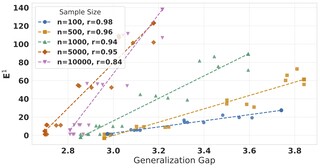
|
Mutual Information Free Topological Generalization Bounds via StabilityMario Tuci, Lennart Bastian, Benjamin Dupuis, Nassir Navab, Tolga Birdal, Umut Simsekli Preprint, 2025 paper
|
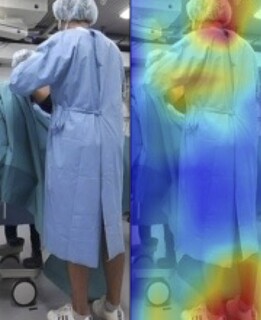
|
Mitigating Biases in Surgical Operating Rooms with GeometryTony Danjun Wang, Tobias Czempiel, Nassir Navab, Lennart Bastian MICCAI COLAS Workshop - Oral (top 16%) , 2025 paper
|
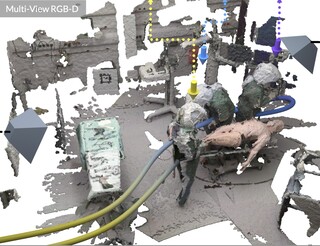
|
TrackOR: Towards Personalized Intelligent Operating Rooms Through Robust TrackingTony Danjun Wang, Tobias Czempiel, Nassir Navab, Lennart Bastian MICCAI COLAS Workshop - Best Paper Award, 2025 paper
|
|
Design adapted from here |